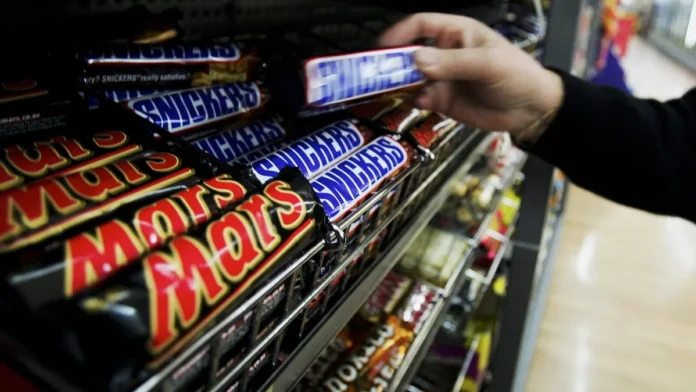Mars, the global food and candy company, plans to invest $2 billion to grow its U.S. manufacturing operations. This massive funding will expand production and create new jobs in key regions across the country.
For example, one part of the investment includes a large Nature’s Bakery facility in Salt Lake City, Utah. The new site will cover over 339,000 square feet and will employ more than 230 people. Furthermore, this factory will help the company produce nearly 1 billion snack bars each year. The Mars investment in U.S. manufacturing aims to strengthen its supply chain and meet rising demand.
Additionally, the company recently opened another production site in Ohio for its Royal Canin pet food brand. That new facility created up to 270 jobs and added more capacity for dry pet food manufacturing. As a result, Mars continues to expand its reach across various food sectors.
Moreover, Mars stated that 94% of the products it sells in America are made locally. This approach clearly shows the company’s strong focus on supporting domestic production. The Mars investment in U.S. manufacturing is part of a wider plan to reduce reliance on foreign suppliers.
At the same time, the investment supports broader goals tied to national manufacturing policy. Several companies in the tech, pharma, and auto industries have followed a similar trend. Many of them are investing heavily in local operations to align with policy goals and economic strategy.
Meanwhile, U.S. leadership has encouraged this shift through tariff policies and pro-manufacturing campaigns. Officials want to bring more factories and jobs back to American soil. In their view, strong domestic production helps the country compete globally and avoid supply chain problems.
Still, economists support this direction while warning about short-term challenges. Building a local supply base requires time, training, and infrastructure upgrades. Nevertheless, they agree that reshoring production strengthens the economy in the long run.
Mars views the U.S. market as its most valuable growth area. With the Nature’s Bakery acquisition and new facilities, the company is taking bold steps forward. The Mars investment in U.S. manufacturing reflects its confidence in long-term growth and resilience.
Looking ahead, the company plans to continue developing strategic sites across the country. Its leadership believes local production offers better control, faster delivery, and stronger community ties.
In conclusion, Mars is helping fuel a wave of new manufacturing in the United States. Its efforts highlight a larger trend among global firms investing in local growth.
For more business updates, visit DC Brief.


